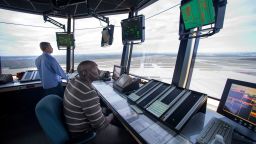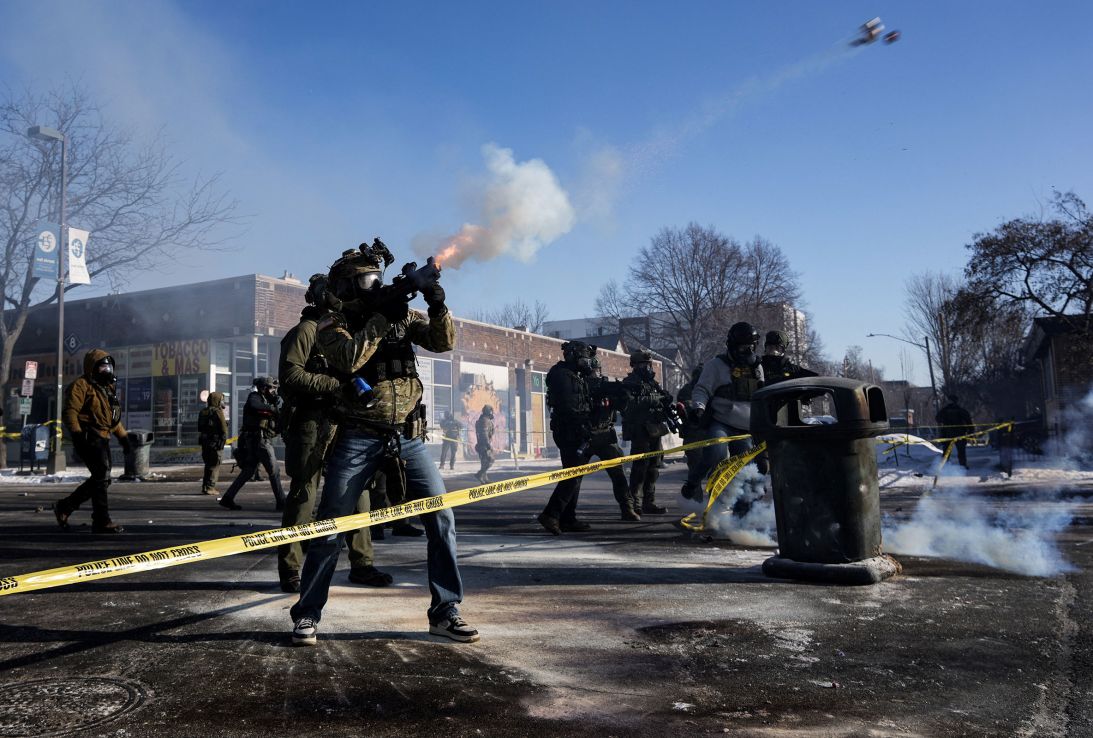
URGENT UPDATE: Air traffic controller staffing shortages have reached a critical level as the government shutdown stretches into its fourth week. More than 50 staffing shortages were reported over the weekend, leading to widespread flight delays from Los Angeles to Washington, DC. Experts warn that this situation will not improve until controllers are compensated for their essential work.
Since the shutdown began on October 1, 2023, air traffic controllers have been forced to work unpaid, with 264 staffing issues logged at FAA facilities—over four times the number reported during the same period last year. On Sunday, flights at Los Angeles International Airport were temporarily halted due to a staffing crisis at the Southern California TRACON, which manages incoming and outgoing flights. Meanwhile, at Reagan National Airport in Arlington, Virginia, ground delays continued into the night, exacerbating travel frustrations.
Transportation Secretary Sean Duffy emphasized the toll the shutdown is taking on air traffic controllers, stating that they are “wearing thin” and increasingly calling in sick as they grapple with the pressures of their demanding roles without pay. On a recent segment of Fox News, Duffy revealed that the system is experiencing unprecedented staffing challenges: “Just yesterday we had 22 staffing triggers—one of the highest since the shutdown started.”
The impact on travelers has been immediate. Over 6,000 flights were delayed on Sunday alone, with 27% of American Airlines flights affected. As delays cascade through the tightly packed airport schedules, passengers like Connie expressed their anxiety about the situation: “I’m flying today on sheer faith,” she said. Another traveler, Dylan Cousins, called for an end to the shutdown, stating, “There’s a lot of things that need to get done.”
The crucial role of air traffic controllers cannot be overstated. With close to 800,000 movements—takeoffs and landings—each year at Hartsfield-Jackson Atlanta International Airport alone, these professionals are vital to maintaining safety in the skies. As noted by aviation safety expert Chad Mourning, the job demands intense vigilance: “A fixed-wing aircraft can’t just stop in the sky; it needs guidance.”
The current staffing crisis is not a new phenomenon; it is part of a long-standing issue exacerbated by stress and difficult working conditions. Experts predict that without immediate resolution, the situation will worsen. “We should expect to see more air traffic controllers calling in sick,” said sociologist Jake Rosenfeld. Some controllers are even seeking second jobs to make ends meet, particularly those early in their careers.
As the government shutdown shows no signs of resolution, the air traffic control system remains under strain. While flying is still considered safe, travelers should prepare for continued delays. Mourning advised, “If you need to be somewhere on a deadline, maybe tell the people expecting you to wait.”
The National Air Traffic Controllers Association has reiterated that it does not condone organized job actions that could disrupt air traffic. However, as conditions worsen, the potential for “sickouts”—a form of protest against working without pay—could intensify.
As the shutdown continues, the aviation sector and its passengers brace for ongoing disruptions. With the situation developing, travelers are urged to stay informed and plan accordingly.





